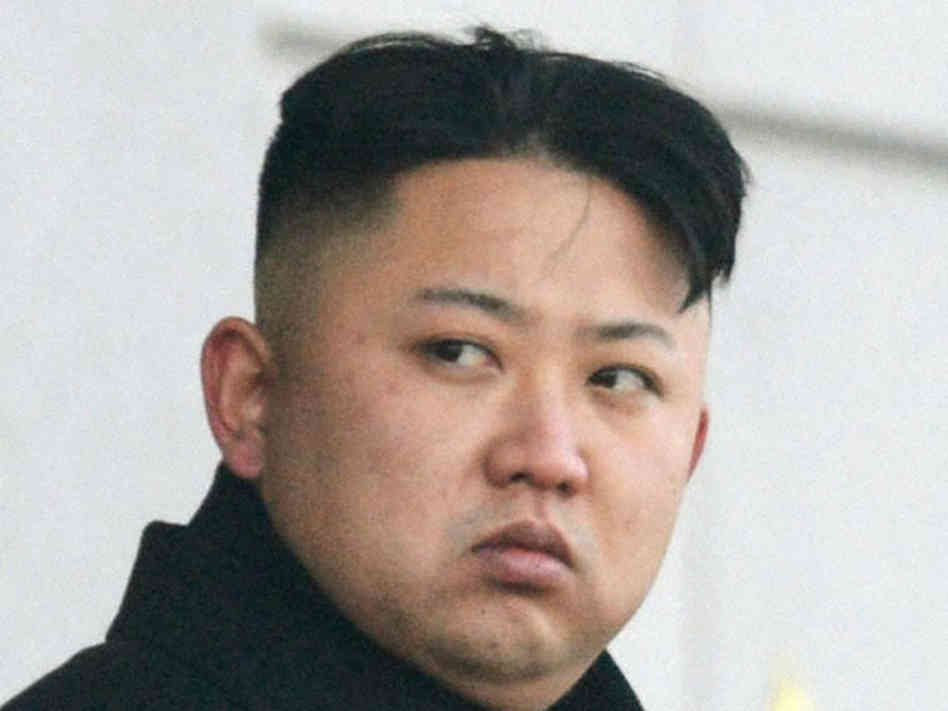|
I don’t understand cruelty. I never have.
On a road trip through West Virginia, I stopped in at a gas station to fill up. When I went inside to pay and get a soda, two young guys behind the counter were laughing. I smiled and gave them a nod as I passed. When I came back to the counter to pay, I noticed one of them with his hand in a glass fishbowl. He scooped out the bowl’s only inhabitant—an ordinary little goldfish. The young man held the fish up to show his buddy. His friend continued to laugh. He held the goldfish up above his mouth, his head thrown back. “Okay,” I thought, “Swallowing goldfish for sport. Are we back in a 1950s frat house?” Then the kid lowered the fish to his mouth and didn’t swallow it whole, but, rather, bit it in half. He dropped the still-living front half of the little fish back into the glass bowl, where it stared out, alive for a few more moments, but in shock. It was a petty, stupid and senseless act of cruelty against a completely innocent victim. The inhumanity of that moment never left me. Why would one being make another needlessly suffer? Those were among the most difficult passages of Blythe for me to conceive of and to write—where the innocent are preyed upon by the ruthless and wicked for sport. The antagonist of Blythe, Notté, tricks, traps and seduces the innocent to join him in his despotic world. He decides their fate. As one of Notté’s victims observes after he is attacked, “Humanity is not difficult to understand; it is inhumanity that I cannot decipher.” Men and women are created to be beings of self-determination and, as such, we are also called upon to respect the rights of others to pursue the destinies that will make them happy, so long as we do no harm to another. Incomprehensible inhumanity abounds, but so do opportunities to fight back on behalf of those in the crosshairs. Across our globe, we learn about the inhumanity one powerful person is foisting upon those who have no means to fight back. We see, in human form, the despots who are dangling the innocent above their gaping mouths, and they are ready, willing and able to inflict on the innocent an unjust punishment beyond any cruelty they have imagined. These can take the form of a vindictive mayor who limits the rights and freedoms of local citizens as a means of enriching himself and his crony pals. Or it can be a North Korean dictator who keeps his people in starvation in what amounts to a nationwide prison. It may seem like we are powerless to help those who are being preyed upon. But, if we look long enough and hard enough, we can find ways to make a difference. Through the inspiring and insightful writing of former WSJ deputy editor Melanie Kirkpatrick, my wife and I learned about the organization Liberty in North Korea. We helped fund the flight to freedom of a North Korean refugee. What a rush to think about the moment that individual tasted freedom for the first time in their life! Humanity is not difficult to understand; it is inhumanity that I can’t decipher. All the more reason we should take whatever action we can to restore to each individual her inherent human dignity, his rights and their freedoms. (Order Blythe at www.Amazon.BlytheBook.com)
0 Comments
Leave a Reply. |

 RSS Feed
RSS Feed
